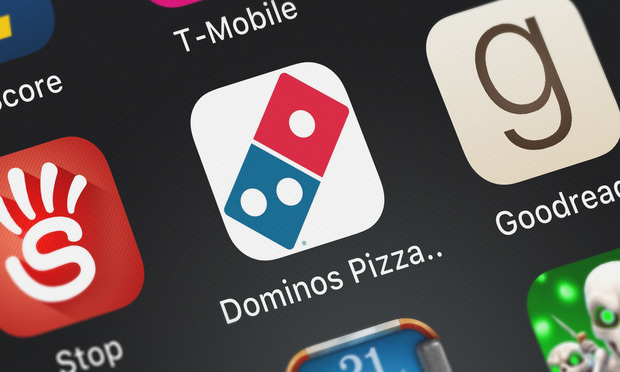In 2001, I wrote a law review article opining that the “public accommodations” provision of Title III of the Americans with Disabilities Act (ADA) applies to the internet. I argued that public accommodations are not limited to physical structures and concluded that companies doing business with the public on the internet should maintain websites that are accessible to visually impaired individuals or risk violating the ADA. Eighteen years later, litigation involving website accessibility under Title III has skyrocketed, and there are no signs of plaintiffs slowing down.
One such plaintiff is Guillermo Robles, a blind man who uses screen-reading software to navigate the internet. In September 2016, Robles filed a federal lawsuit against Domino’s Pizza (Guillermo Robles v. Domino’s Pizza) claiming Domino’s failed to design, construct, maintain and operate its website and mobile application to be fully accessible to and independently usable by the plaintiff and other blind or visually impaired individuals that rely on screen reading software to navigate the internet, in violation of the ADA and related accessibility laws.
This content has been archived. It is available through our partners, LexisNexis® and Bloomberg Law.
To view this content, please continue to their sites.
Not a Lexis Subscriber?
Subscribe Now
Not a Bloomberg Law Subscriber?
Subscribe Now
LexisNexis® and Bloomberg Law are third party online distributors of the broad collection of current and archived versions of ALM's legal news publications. LexisNexis® and Bloomberg Law customers are able to access and use ALM's content, including content from the National Law Journal, The American Lawyer, Legaltech News, The New York Law Journal, and Corporate Counsel, as well as other sources of legal information.
For questions call 1-877-256-2472 or contact us at [email protected]









